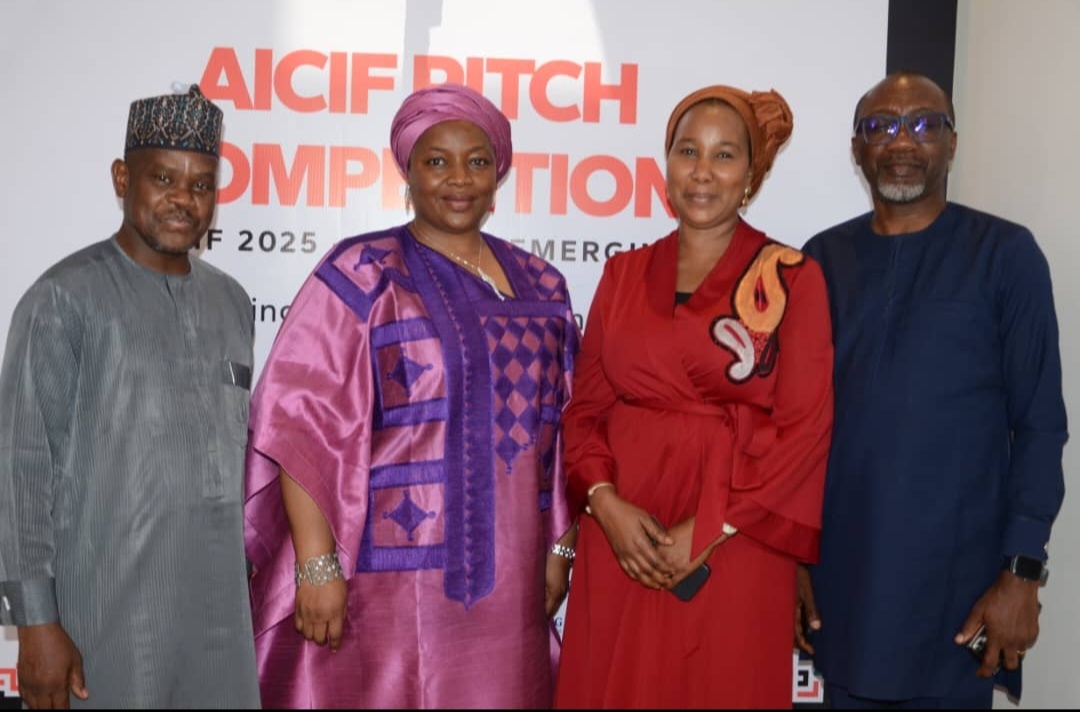…Hubtel fingered in bitter turf war over NSA payment platform
The Herald, has picked up reports of a multimillion-dollar private interest at play between the Ministry of Youth Development and Empowerment and the management of the National Service Authority (NSA), resulting in a standoff between the Authority and its supervisory ministry.
The impasse, has caused a six-week delay in registration for the 2025/2026 service year, affecting more than 130,000 graduates, while certificates for over 20,000 nursing personnel, remain outstanding.
Reports indicate that Hubtel, the controversial Ghanaian financial technology and electronic billing company, is behind the tussle and has allegedly deployed allies in the media to fuel the dispute in a bid to secure the contract to manage the NSA’s registration and personnel payment platform.
Hubtel has been behind the ECG Payment platform, recently flagged by the Auditor General.
At the heart of the row is a disagreement between the Minister for Youth Development and Empowerment, George Opare Addo, and the Director-General of the NSA, Felix Gyamfi, over the continued use of the Authority’s CMSP/Metric App, which the previous government spent approximately US$2 million to develop.
The Minister has issued a fresh directive for the immediate termination of the system, which has been linked to the NSA ghost names scandal. However, the Director-General, has insisted that the system remains suitable for use, citing multiple audit reports that cleared it of blame, aside from human interventions that may have corrupted it with the ghost names.
Independent reviews by the National Investigations Bureau (NIB), the National Identification Authority (NIA), the Auditor-General, and audit firm KPMG, all affirmed the system’s integrity, concluding that the challenges arose from external manual processes rather than from deficiencies in the platform itself.
Despite these findings, the Ministry directed the Authority to suspend the system, shut down the platform within 72 hours, and fast-track a replacement.
The NSA warned that such a move risked operational collapse, given that registration for the 2025/2026 service year, already delayed by six weeks, affects over 130,000 graduates, with more than 20,000 nursing personnel still waiting for their certificates.
In a detailed response dated August 27, 2025, the Authority emphasised that the system, which has been in use for seven years and incorporates more than 25 enterprise-grade modules, has been pivotal in exposing payroll fraud rather than enabling it.
According to the NSA, a Ministry of Finance–mandated headcount in February 2025 revealed an 83 per cent increase in payroll submissions when manual records were compared with biometric-verified data generated by the system. This discrepancy, it said, prompted a presidential directive for a full investigation into the ghost names scandal.
“The system was instrumental in uncovering the fraud, not enabling it,” the Authority’s letter stated, adding that compliance with the system’s controls had saved the nation more than GH¢460 million this year alone.
The NSA cited the Auditor-General’s forensic audit, which concluded that the digital system was “fit for purpose” and that financial malfeasance stemmed from deliberate circumvention of its controls through manual overrides. These included payroll lists generated outside the system and indemnities issued to bypass safeguards recommended by the Ghana Interbank Payment and Settlement Systems (GhIPSS).
Further reviews by the NIB, NIA and KPMG also affirmed the system’s integrity, reiterating that the problems arose from manual interventions rather than technological failings.
The NSA also raised legal and procedural concerns, cautioning that compressing procurement and technical deployment into just 15 days would breach Ghana’s public procurement laws.
“Replacing such a mature system in 15 days, without equivalent functionality, validation, and stakeholder training, presents a far higher operational and financial risk than maintaining and strengthening what exists,” the statement warned.
Instead, the Authority urged adherence to the Auditor-General’s recommendations, which include enforcing a “no Ghana Card, no posting” policy, eliminating private enrolments, ensuring payroll management by the Controller and Accountant-General’s Department, and prohibiting manual overrides in enrolment and posting.
The NSA emphasised that in just six months, reforms had reduced approved tertiary institutions for national service from 275 to 100, eliminated more than 61,000 questionable private enrolments, and tightened biometric verification for new registrants.
Concluding its response, the NSA appealed to the Ministry to reconsider its directive: “A sudden termination and rushed replacement is neither feasible nor prudent. The urgent course is to abide by the audit recommendations, which provide a clear path to operational recovery at no risk to the Authority, while designing a structured transition plan that protects service continuity, complies with procurement law, and preserves public trust.”
However, according to the online platform The Fourth Estate, documents sighted show that the Minister defended his directive as an exercise of his oversight responsibility as the supervising Minister of the NSA.
He further stated that his decision was based on auditors’ reports commissioned following the ghost names scandal, and was consistent with a 27 June presidential directive mandating him to oversee the design and deployment of a new digital platform that ensures transparency, security and real-time verification.
“You are hereby directed with immediate effect to cease reliance on and use of the system provided by Inpath Technologies Limited and to commence the processes necessary to terminate any legal or contractual relationship between the NSA and the said provider,” the Minister’s letter dated 25 August 2025 stated in part.
The Minister further instructed that a termination notice be issued within 72 hours and that all government property and credentials necessary for continued operations be retrieved.
“You are hereby directed to constitute within five working days a Transition and Implementation Steering Committee to supervise the design, implementation and operationalisation of a new platform that should be deployed within the next 15 days of receipt of this letter and report progress to the Ministry,” the directive added.
But in what appeared to be a determined position to maintain the current CMSP/Metric App provided by Inpath Technologies Ltd, the NSA Director-General, Felix Gyamfi, responded to the Minister’s letter on 27 August 2025, insisting that the system had played a key role in detecting irregularities, The Fourth Estate stated.
He further claimed that since assuming office, compliance with the system’s processes had saved the nation some GH¢460 million this year alone, The Fourth Estate wrote.
The online portal stated that Mr Gyamfi emphasised that the audit findings had declared the system “fit for purpose” and that the financial malfeasance was caused by deliberate circumvention through “external manual processes”.
He also pointed to additional findings that suggested the system was robust enough to deal with potential fraud and highlighted several reasons why discontinuing its use would be problematic.
On 7 July 2025, Mr Gyamfi wrote to the Minister, forwarding a proposal from Inpath Technologies Ltd. to hand over the platform to the NSA. The owners and managers valued it at US$2 million, arguing that the NSA would incur greater costs in developing an alternative with comparable functionalities.
Background
The Fourth Estate’s exposé on the NSS scandal, published earlier this year, revealed the padding of ghost names in the NSA database and manipulation of posting processes, which led the government to pay millions of cedis to service personnel who only existed on paper. Beyond exposing ghost names, the publication raised critical questions about value for money, data security and the institutional integrity of the CMSP/Metric App.
The exposé prompted the Office of the Attorney-General and Minister of Justice to launch its own investigations, which revealed that top executives of the NSA and their private sector vendors had mismanaged more than GH¢548 million through ghost names. Public outrage demanded accountability, leading the Office of the President, through the Ministry of Youth and Empowerment, to order the immediate suspension of the CMSP/Metric App for a comprehensive technical and forensic review.
More to come!
The post Multimillion-dollar private deal frustrates 150,000 National Service Personnel appeared first on The Herald ghana.











